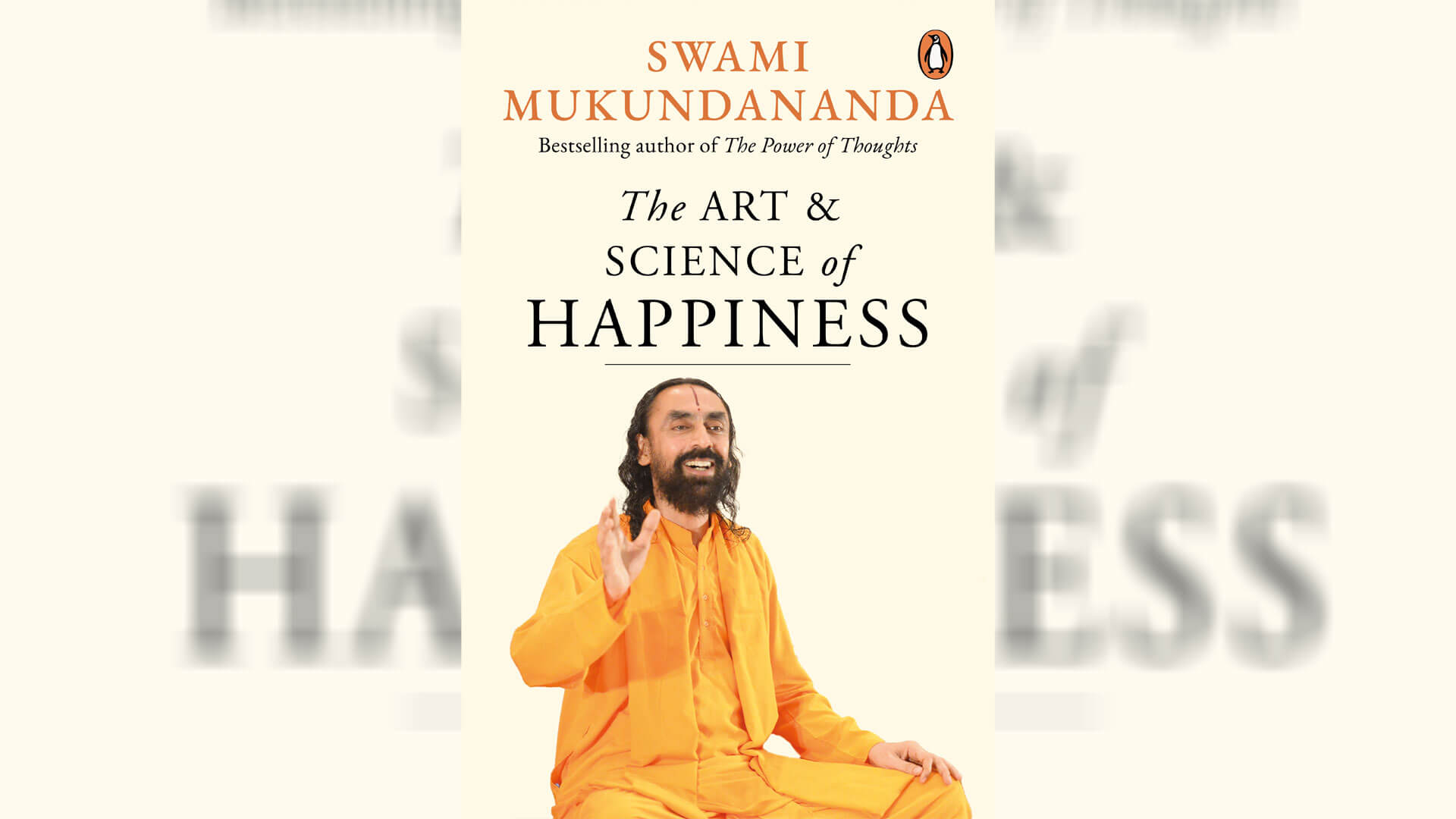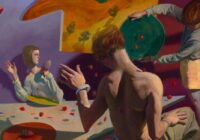Problems make us courageous and wise. Very often, we enter into them with fear and uncertainty. But we emerge from them with renewed faith and wisdom that empower us for the rest of our life. This is termed ‘post-traumatic growth’ by psychologists, where there is a positive change in behaviour following an adverse experience.
King Ashoka was the third king of the Mauryan Empire, and the grandson of Chandragupta Maurya. He took the Mauryan empire to its greatest heights by usurping many kingdoms using his vast military forces. In his conquest of Kalinga, a coastal kingdom in eastern India, now known as the city of Bhubaneshwar, his army slaughtered lakhs of people.
Although he was victorious, he was seized by remorse and filled with horror at what he had done. He renounced violence and turned to Buddhism.
Carnage, destruction and death caused so much trauma in King Ashoka that it resulted in a profound transformation in him from cruelty to humanity. His kingship was then devoted to nurturing his sprawling empire through non-violence and dharma. His vision of a just society and his rules for virtuous behaviour were carved into rock walls throughout his kingdom. He treated his subjects humanely and even sent delegates beyond the Indian borders to spread his vision of peace.
King Ashoka’s restructuring of values and priorities was an example of post-traumatic growth. Following a calamity, people have been known to grow their appreciation for life, become more spiritual, develop new skills and discover new possibilities in life. While the adversity is temporary, the learning is permanent.
Of course, post-adversity growth does not dawn on everyone. In fact, we all have a different threshold or tolerance for adversity. Psychologists have coined the term, Adversity Quotient (AQ), a measure of the capability of an individual to face difficult situations in life. The greater your AQ, the greater your ability to survive and thrive. Let us then discuss how we can increase our adversity quotient and tap into the potential for post-adversity growth.
What We Can Consciously Do to Be Happy during Adversity
Accept adversities as an inevitable part of life. The Universe is full of dualities—day and night, hot and cold, rain and drought. The same rose bush has a beautiful flower and also an ugly thorn. Life too brings its share of opposites—happiness and distress, victory and defeat, fame and notoriety.
Hence, irrespective of the event, the first step is to acknowledge and accept the incident rather than deny or run away from it. Once you make peace with adversity as an integral part of life, only then does a positive reinterpretation of the situation become possible and this in turn paves the path for post-adversity growth.
The Bhagavad Gita states:
mātrā-sparśhās tu kaunteya śhītoṣhṇa-sukha-duḥkha-dāḥ āgamāpāyino ’nityās tans-titikṣhasva bhārata (verse 2.14)
Shree Krishna explains that the fleeting perceptions of happiness and distress arise because of contact between the senses and the sense objects. These come and go like the winter and summer seasons. We must remember they are not permanent. Thus, we must learn to tolerate them without being disturbed.
Stop imagining greener grass in others’ lives. Everyone has their share of problems—no one is spared. Yet, we bring more misery on to ourselves by comparing, as the following story illustrates.
There was a famous sage who lived high up in the Himalayan mountains, far away from civilization. Once, a group of people approached him with their problems. The sage was wise and wanted to teach a lesson. He asked each person to write down their biggest problem on a piece of paper and put it in a common bag. Next, he circulated the bag and asked everyone to pick up one slip. He then calmly stated, ‘Read the problem to yourself. You have a choice to own that problem or take back your originally stated problem.’
One by one every person in the group picked out a paper chit, read the other’s problems and was horrified. Each concluded that their problem, no matter how bad, was better than the next person’s.
While we think happier people have less problems, the reality is quite different. Happy people remind themselves of others who have bigger problems and do not take their own too seriously. So, it is a matter of perspective. Most problems are small in the grand scheme of things. Let that be our mindset!
Be solution-oriented. We spend more time agonizing over a problem and less time on finding a solution to it. Once you have spotted a problem, you must solve it. Many of us get overwhelmed in adverse situations. We fall prey to anger, anxiety or stress, whereas they could easily be avoided if we simply focused on solutions.
A deer in the forest was pregnant. It found a spot by the river to deliver its baby. However, as the labour pains began, she noticed lightning had set the forest on fire. To her left was an even more fearful sight—a hunter was taking aim at her. But then she noticed even more danger looming. A hungry lion had spotted her and was getting ready for the kill.
The poor deer was cornered from all sides and had nowhere to run. Besides, the labour pains had already begun. She gathered herself together and focused on giving birth to her fawn. In the meantime, lightning struck and blinded the hunter as he released his arrow. He missed his target and the arrow hit the lion. The heavy rains doused the forest fire, and the deer succeeded in giving birth to its fawn.
What is the moral of the story? When overwhelmed with challenges, remain calm. Focus on what is in your control. Put your best efforts in that direction, leaving the rest in the hands of God. As the saying goes: ‘Do your best and leave to God all the rest.’
– Excerpted from The Art & Science of Happiness by Swami Mukundananda with permission from Penguin Random House India
The views expressed in this article are the author’s own and do not necessarily reflect Fair Observer’s editorial policy.
Support Fair Observer
We rely on your support for our independence, diversity and quality.
For more than 10 years, Fair Observer has been free, fair and independent. No billionaire owns us, no advertisers control us. We are a reader-supported nonprofit. Unlike many other publications, we keep our content free for readers regardless of where they live or whether they can afford to pay. We have no paywalls and no ads.
In the post-truth era of fake news, echo chambers and filter bubbles, we publish a plurality of perspectives from around the world. Anyone can publish with us, but everyone goes through a rigorous editorial process. So, you get fact-checked, well-reasoned content instead of noise.
We publish 2,500+ voices from 90+ countries. We also conduct education and training programs
on subjects ranging from digital media and journalism to writing and critical thinking. This
doesn’t come cheap. Servers, editors, trainers and web developers cost
money.
Please consider supporting us on a regular basis as a recurring donor or a
sustaining member.
Will you support FO’s journalism?
We rely on your support for our independence, diversity and quality.







Comment